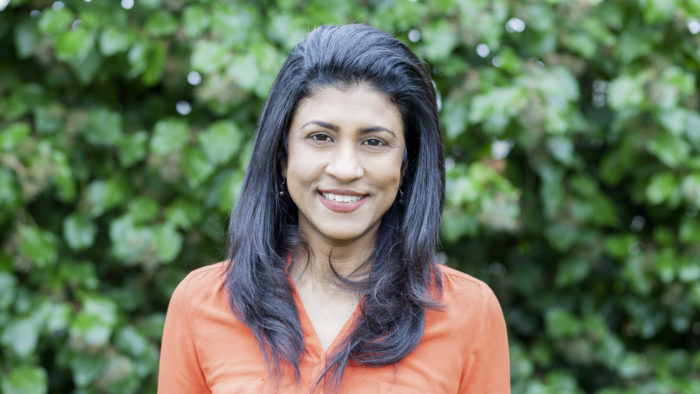
How and/or why did you become a therapist?
This is my second career. My original career path was in Computer Engineering. I worked in Silicon Valley high-tech companies for over a decade, but I felt unfulfilled, as my heart was not in technology. Being empathic, I was drawn to psychology and wanted to make a direct positive impact in others’ lives. I was also fascinated by the workings of our minds and how we create our inner worlds. Finally in 2009, in my mid-thirties, I quit my Engineering career and went back to school full-time to become a psychotherapist.
What are the most rewarding aspects of being a therapist?
The most rewarding aspect of being a therapist is in being able to be my authentic empathic self and to be a witness to the immense healing and personal growth that happens in therapy.
What are your favorite or most interesting interpersonal relationship tips/advice?
I work only with individuals and do not provide any couples’ counseling at this time. I believe a person’s relationship to self is key in determining their relationships to others. As a person develops their capacity to relate to their own self with authenticity and compassion in individual therapy, they increase their capacity for authentic relationships and connections with others.
What are some things about therapy that you want to increase public awareness about?
There is a common misconception that “there is something wrong with you” or “You are mentally unstable” if you seek therapy. Therapy is beneficial for anyone who is feeling “stuck” or overwhelmed – it decreases isolation and increases self-awareness. There are so many different models of psychotherapy and counseling, from short-term solution focused models to depth-oriented healing of childhood emotional wounds. It is important to find the right therapist for you and your needs. Therapy need not be a luxury for the financially privileged alone. Low-income individuals and families can find affordable therapy via openpathcollective.org that finds and matches therapists willing to provide therapy at $30 to $50 per session.
What are some of the biggest mistakes a therapist or patient can make?
Research shows that it is the quality of the therapeutic relationship that is the biggest factor in determining positive outcomes in therapy. As in any relationship, there might be times when the relationship between the therapist and client is strained or even ruptured, either by something directly said or done by the therapist or how it was perceived or experienced by the client. It is the therapist’s responsibility to take full ownership of their mistake, and to validate the experience of the client, in order to repair the relationship. Sometimes, clients do not give the therapist a chance to make amends or repair by not returning to therapy, or not letting the therapist know of how they feel. I would recommend that clients bring the difficult matter up to the therapists before deciding to terminate therapy. When a therapist navigates and repairs a rupture skillfully, it provides a corrective emotional experience to the client, and results in a stronger therapeutic relationship.
Bio

Vinodha Joly, LMFT is a Licensed Marriage and Family Therapist with a private practice in Pleasanton, CA. She specializes in working with adult individuals seeking personal growth and healing from childhood emotional wounds, including childhood emotional neglect as well as Domestic Violence and PTSD/trauma. Her website www.vinodhatherapy.com is a winner of “Top 100 Psychotherapy Blog” award.